Surgeon General Nomination Withdrawn: A Social Media Influencer's Unexpected Rise
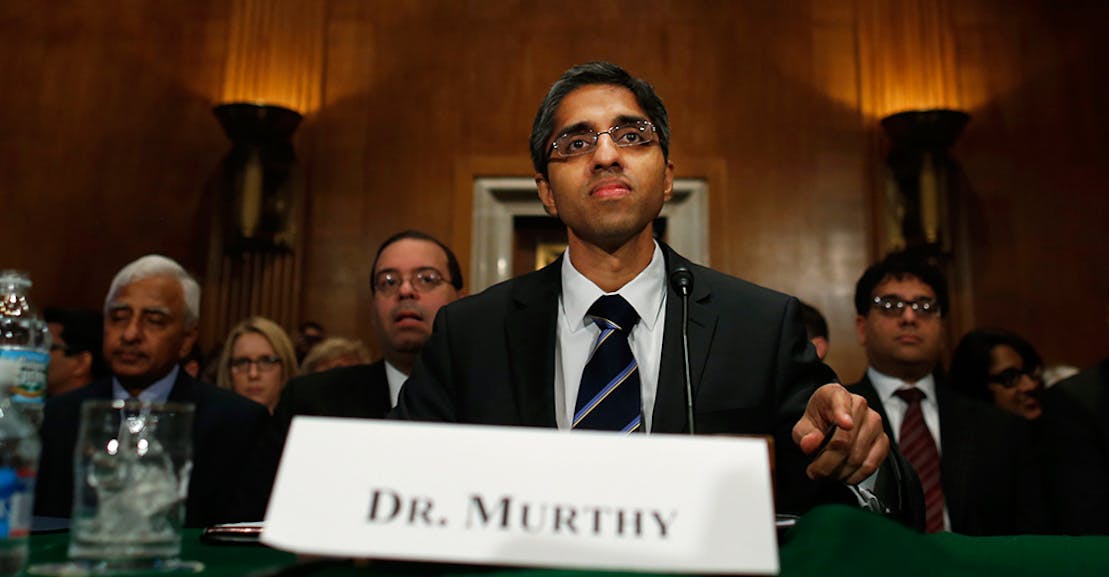
Table of Contents
H2: The Influencer's Rise to Prominence
Dr. Ava Sharma, a physician with a background in public health, initially gained traction on TikTok through engaging videos debunking medical myths and providing accessible information on health and wellness. Her rise to prominence wasn't overnight; it was a strategic blend of compelling content and consistent engagement.
- Key Moments:
- A viral video explaining the importance of vaccination garnered millions of views and catapulted her into the public eye.
- A successful campaign promoting mental health awareness among young adults significantly boosted her follower count and engagement.
- Her consistent posting schedule, coupled with interactive Q&A sessions, fostered a strong and loyal community.
Dr. Sharma's content style is characterized by its clarity, empathy, and approachable tone. She avoids jargon, focusing instead on relatable stories and practical advice. This resonated deeply with her audience, leading to her significant reach across multiple platforms, including Instagram and YouTube. For example, her Instagram reels consistently receive hundreds of thousands of views, demonstrating her powerful reach within the online community.
H2: The Nomination and Subsequent Controversy
Dr. Sharma's nomination for Surgeon General was initially met with mixed reactions. While many praised her ability to connect with younger demographics and her demonstrable passion for public health, others expressed concerns regarding her qualifications and lack of traditional political experience. News outlets like the New York Times and the Washington Post extensively covered the nomination, highlighting both sides of the debate. [Insert links to relevant articles here].
- Key Arguments:
- Concerns regarding qualifications: Some critics argued that her extensive social media presence did not equate to the necessary experience to lead the nation's public health efforts.
- Allegations of past behavior: Minor controversies from her past resurfaced, sparking debate about her suitability for the role.
- Political affiliations: Her perceived association with certain political factions drew criticism and raised questions about potential conflicts of interest.
H2: The Role of Social Media in the Controversy
Social media played a pivotal role in disseminating information – and misinformation – about Dr. Sharma's nomination. Both sides of the debate utilized various platforms to promote their viewpoints. Supporters leveraged hashtags like #SupportDrSharma and #SharmaForSurgeonGeneral to spread positive messaging, while critics countered with #RejectDrSharma and #UnfitForOffice, utilizing similar strategies to amplify their concerns.
- Social Media Campaigns:
- Organized online petitions supporting and opposing the nomination garnered thousands of signatures.
- Targeted advertising campaigns on various platforms fueled the debate further.
- Viral posts and memes on platforms like TikTok and Twitter helped shape the overall narrative.
The algorithms of these platforms played a significant role in amplifying certain viewpoints, creating echo chambers where individuals primarily encountered information confirming their existing beliefs. This contributed to the polarization of the debate, making a nuanced discussion increasingly challenging.
H3: The Impact of Online Activism
The effectiveness of online activism in this instance is undeniable. The organized social media campaigns, both in support of and against Dr. Sharma's nomination, clearly influenced public opinion and put significant pressure on decision-makers. While it's impossible to definitively say social media pressure was the sole reason for the withdrawal, it undoubtedly played a substantial role in the final outcome. This event demonstrates the potential for social media to both amplify important conversations and to exacerbate existing political divisions. The long-term consequences of this event on the relationship between social media, public opinion, and political appointments remain to be seen.
3. Conclusion
The withdrawal of Dr. Ava Sharma's Surgeon General nomination serves as a stark reminder of the increasing power of social media influencers in shaping public discourse and political decisions. The controversy highlights the complex interplay between online influence, traditional media, and the political process. The speed and intensity with which opinions spread online, amplified by algorithms and echo chambers, significantly impacted the decision-making process. This unprecedented situation necessitates careful consideration of how we navigate the intersection of social media influence and public appointments in the future. What are your thoughts on the role of online platforms in influencing future appointments? Share your opinions and insights in the comments below. #SurgeonGeneral #SocialMediaInfluence #PoliticalControversy #DrAvaSharma #PublicHealth

Featured Posts
-
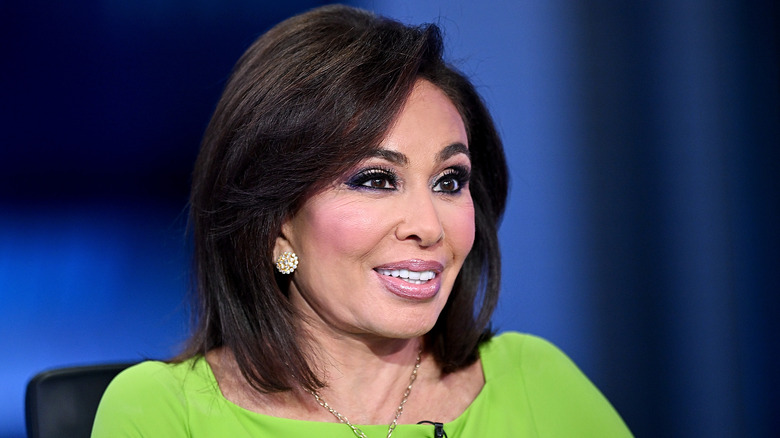 The Real Jeanine Pirro An In Depth Look At Her Fox News Persona
May 10, 2025
The Real Jeanine Pirro An In Depth Look At Her Fox News Persona
May 10, 2025 -
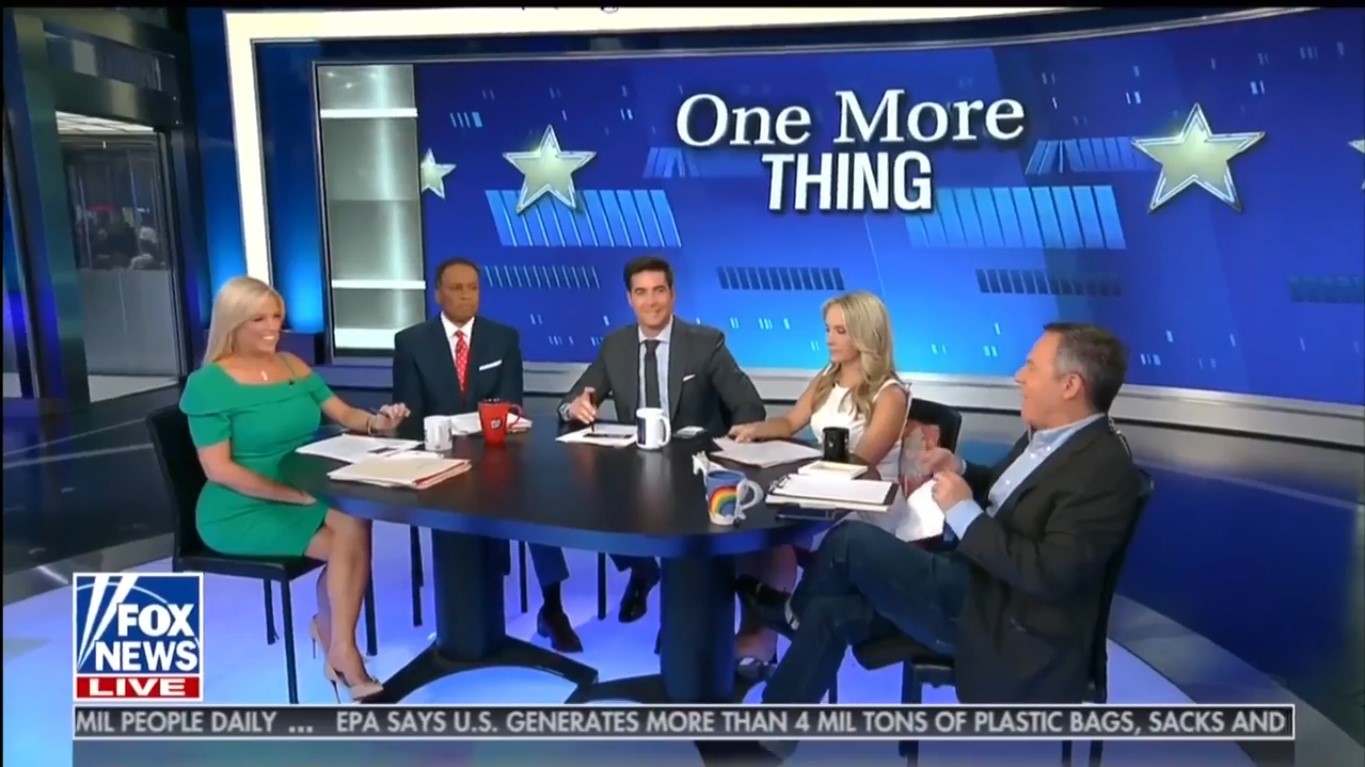 Examining Pam Bondis Video The Controversy Surrounding Killing American Citizens
May 10, 2025
Examining Pam Bondis Video The Controversy Surrounding Killing American Citizens
May 10, 2025 -
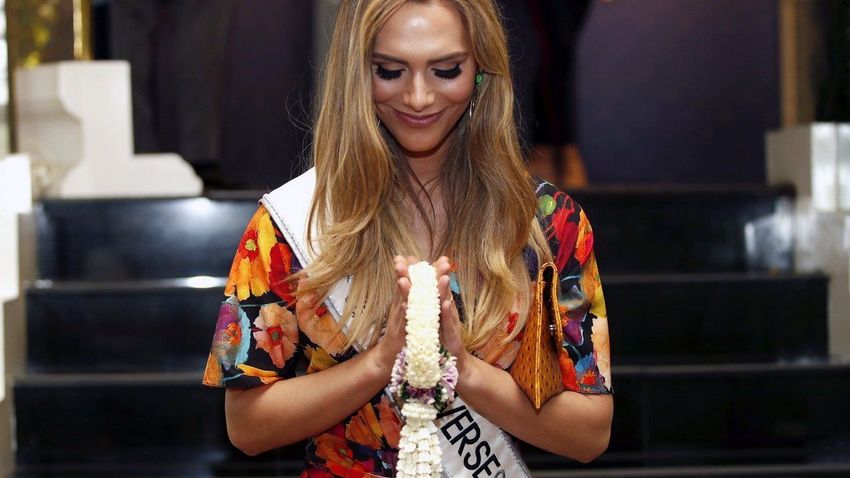 Jogsertes Transznemu No Letartoztatasa Floridaban Noi Mosdo Miatt
May 10, 2025
Jogsertes Transznemu No Letartoztatasa Floridaban Noi Mosdo Miatt
May 10, 2025 -
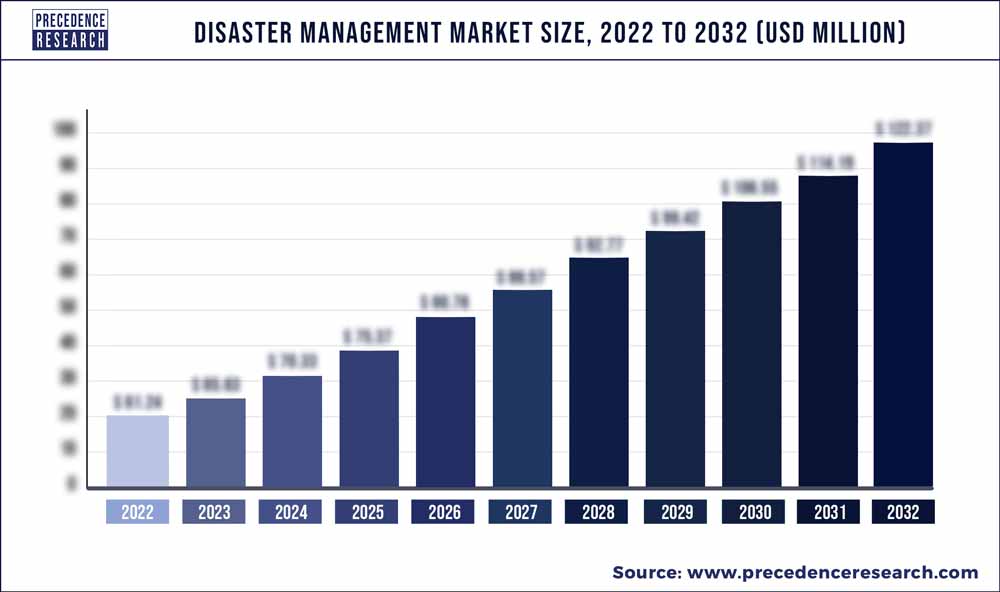 Wildfire Speculation The Growing Market In Disaster Betting
May 10, 2025
Wildfire Speculation The Growing Market In Disaster Betting
May 10, 2025 -
 How Figmas Ai Is Disrupting The Design Industry
May 10, 2025
How Figmas Ai Is Disrupting The Design Industry
May 10, 2025
